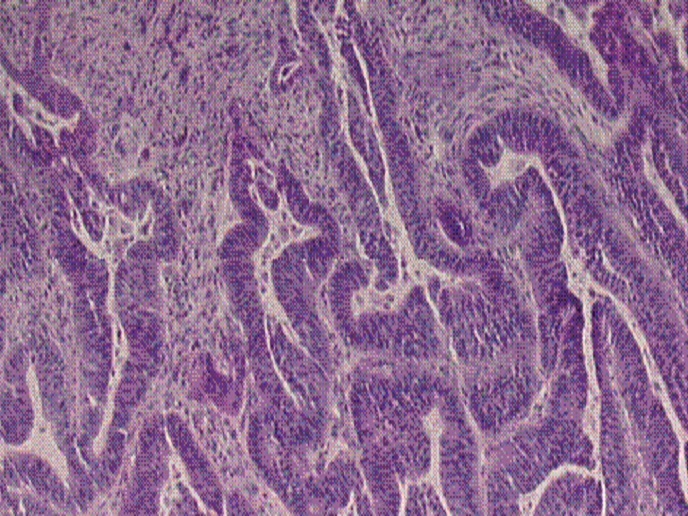Opening the biobanks for gateway access to personalised medicine
Conquering diseases such as cancer, diabetes and Alzheimer’s will depend critically on data collected from large numbers of patients and healthy individuals. As Erik Steinfelder, director general of the coordinating body, explains: “The European biobanking research infrastructure BBMRI-ERIC will provide gateway access for the European research community, expertise and services building on the outcome of the ADOPT BBMRI-ERIC project.”
Gigantic achievements match the ultimate clinical database on the planet
ADOPT BBMRI-ERIC created the largest biorepository in the world. With more than 100 million samples included in the Directory, the project brought together the largest network of biobanks in Europe and in the world. Reflecting the achievements made by the project team, “gathering 10,000 colorectal cancer (CRC) datasets from biobanks across Europe, BBMRI-ERIC showed that it is possible for countries with diverse populations to provide samples and their corresponding data for the benefit of future research,” Steinfelder emphasises. A unique resource is being made available for future research. These datasets came from either formalin-fixed paraffin embedded or fresh frozen tissue samples of surgical material in combination with detailed coded pathological and clinical data associated with the samples.
Major obstacles overcome
Data collection on such a mass scale has a unique, inherent set of challenges. “Our achievements identified the major obstacles to collecting multinational cohorts: reconciling differing national policies on data protection and material and data transfer, overcoming slow logistical processes and combining data from biobanks with very different data input structures,” explains Steinfelder. Moreover, appropriate safeguards are paramount: technical and organisational measures to ensure data security and to protect the privacy of the research participants who contribute their data to the CRC cohort were discussed in depth. Agreements on data transfer were reached in compliance with data protection law, building on the Innovative Medicines Initiative Code of Practice on secondary use of medical data in scientific research projects and taking into consideration the differences in regulatory and ethical requirements across the European countries. Creating the CRC cohort also entailed developing a complex IT infrastructure for supporting biobanks in delivering the data and harmonising it with the central data model, importing the data and performing detailed quality checks. The results of the data quality checks were subsequently used by the biobanks to perform data updates.
Learning for the bright future of personalised medicine
“We learned that much more time was needed both for initiating the data collection process and for approval of contracts,” Steinfelder concludes. “The need for data quality checks will have to be addressed in future projects in which data remains in source repositories and thus cannot be checked by the federated research infrastructure.” In the end, ADOPT partners collected 10 480 datasets combining samples and data from 25 biobanks in 12 different European member states of BBMRI-ERIC. Focusing on one main value derived from the project from working with the CRC cohort: “We worked hard on one hand to make sure that the CRC dataset was and will be used, but on the other hand can also help new consortia with the knowledge we gathered - a valuable resource that we should not waste!”
Keywords
ADOPT BBMRI-ERIC, data, biobank, CRC cohort, quality check

